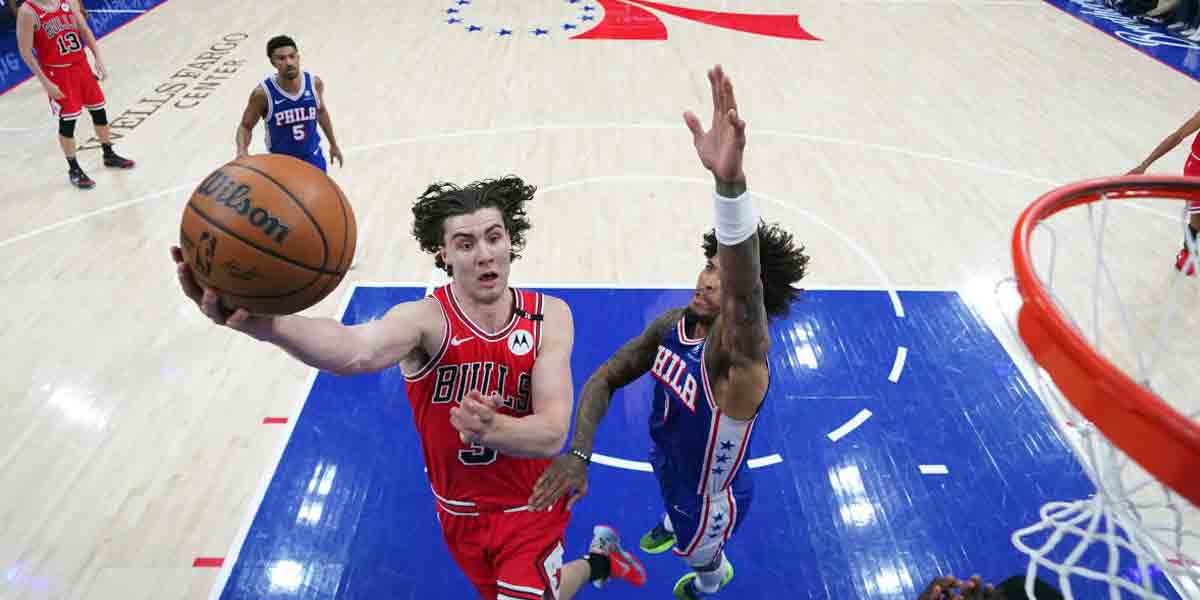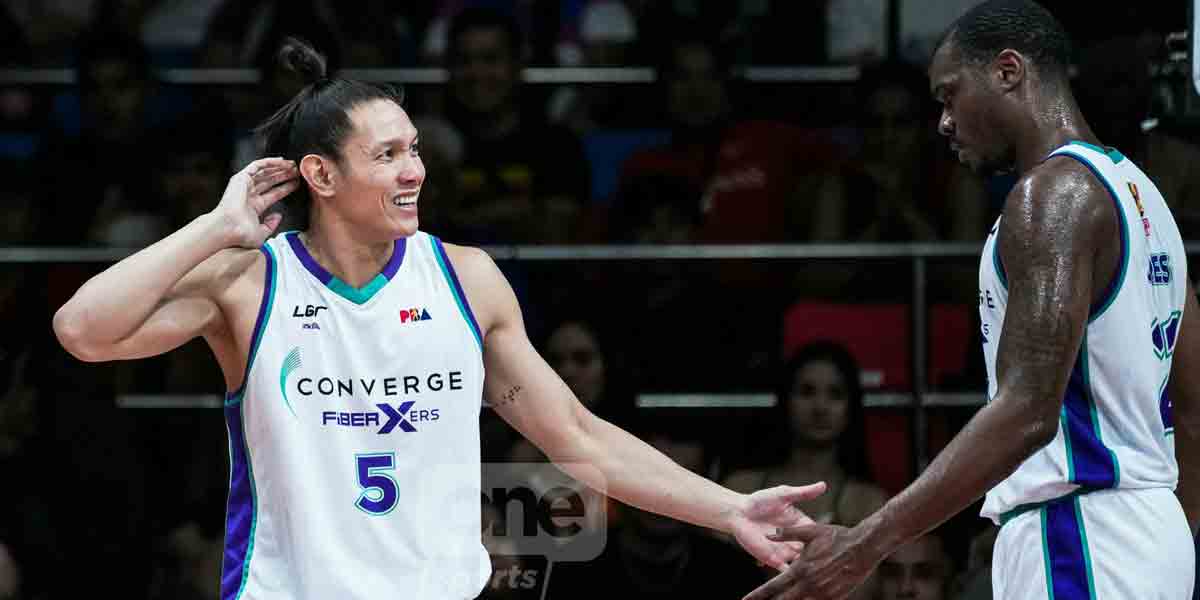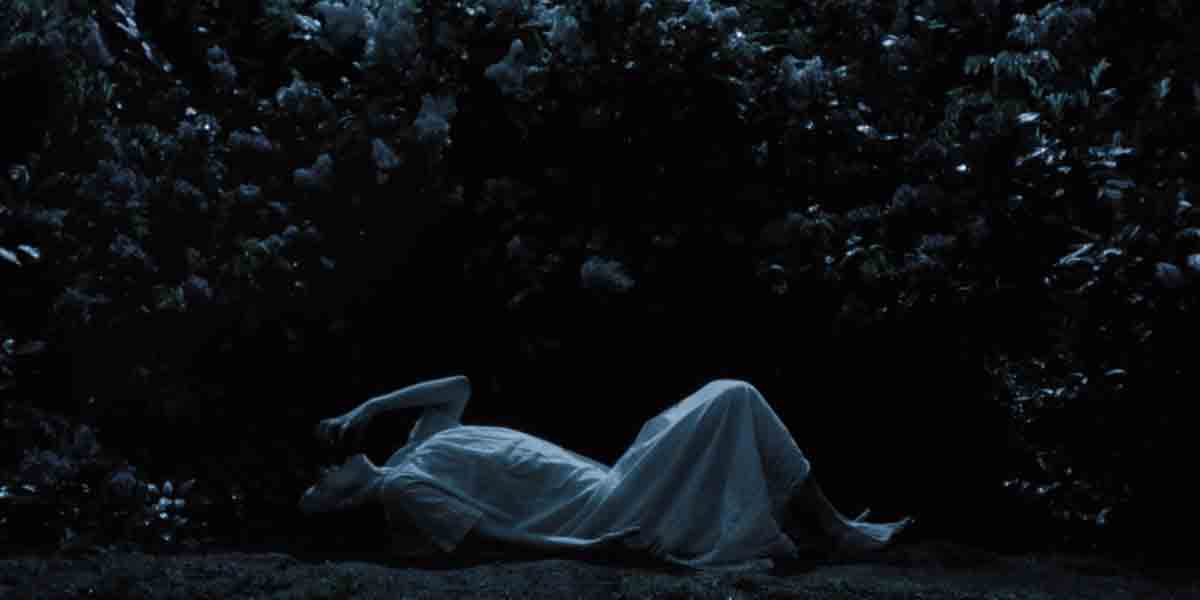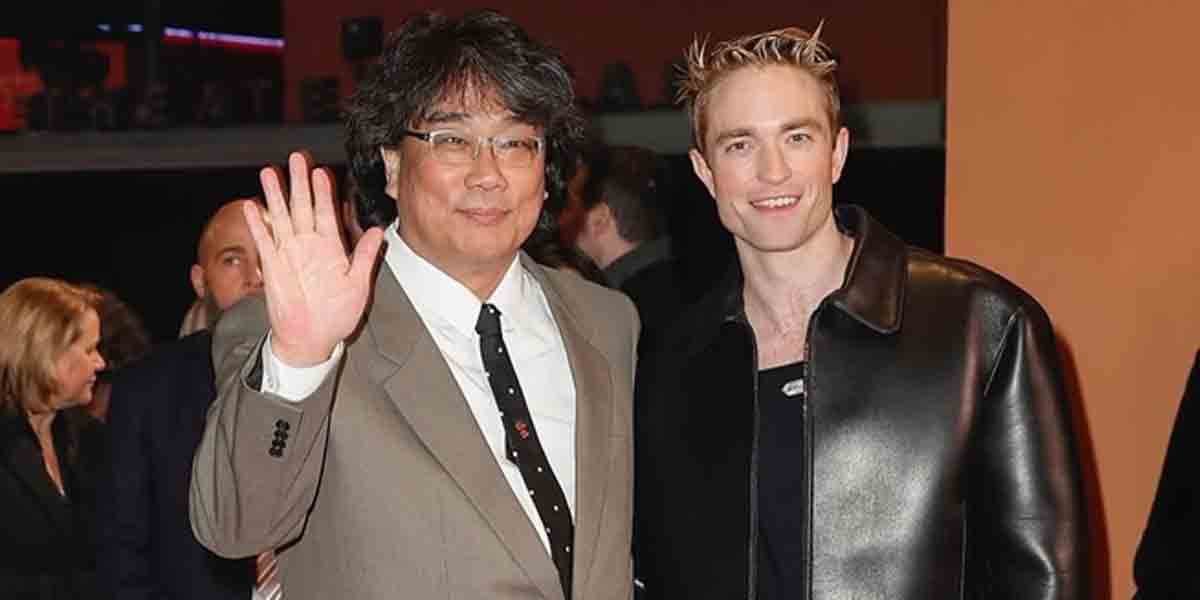By Leobert Julian A. de la Peña
For all the marbles, the grand and final stage has been set.
After an estimated 84 games in the NBA playoffs, only one team will emerge to be crowned as the kings of the league.
This is a tale of two opposite teams meeting for the ultimate chip. One team that has been tested and proven throughout the years with the sizable advantage of having a championship pedigree while the other trying to become the new face of the NBA in their first trip to the finals together.
Before I start, who do you got? The multi-champion Golden State Warriors or the young and upcoming Boston Celtics?
That’s a tough call to make. But in this in-depth analysis, I will be presenting both teams’ tendencies, schemes, and strengths and weaknesses to help you decide.
Brave task to do, but I’m taking full responsibility for all the facts and observations I made through covering all of the games in the postseason.
So what are the advantages of the Warriors over the Celtics? How will they attack them? How will Boston overcome a high-motor fluid motion offense and do they have enough stamina to score and defend at the same time?
Questions like these will surround you as the two teams got out of their respective conferences with different styles and different outcomes with Golden State quickly finishing their foes while the Celtics had to deal with two seven-game series against the Milwaukee Bucks and the Miami Heat.
Here are a bunch of factors that I would like to emphasize in their matchup. I didn’t focus on the team’s regular season head-to-head because Golden State were still banged up while Boston was still trying to find their stride and were still struggling to bind together.
First, championship experience.
Obviously, this one will belong to the Warriors after making the NBA finals six times in eight years and is the only franchise to do that since Michael Jordan’s Chicago Bulls’ six-peat during the 1990s.
Will jitters hound Boston? On their side, this is their franchise’s first ticket to the finals since 2010 after losing to the late Kobe Bryant and the Los Angeles Lakers in a seven-game series.
However, as great as Jason Tatum, Jaylen Brown, Marcus Smart, and the rest of the Celtics squad were during their playoffs run, I believe that they will surpass the test and avoid nerves as the Finals progress.
Looking back at Golden State’s most recent trip to the NBA Finals, they lost against a rookie Toronto Raptors team led by Kawhi Leonard. Will that curse happen?
Moving on, I would like to tackle the team’s conditioning heading into the finals.
Golden State got out of the Western Conference on an easier path compared to the Celtics where they only played a total of 16 playoff games after eliminating the Denver Nuggets in five games, the Memphis Grizzlies in six games, and the Dallas Mavericks in just five games.
Meanwhile, Boston had a grueling trip to the finals and played a total of 18 games after sweeping the Brooklyn Nets in the first round and edging both Milwaukee and Miami in seven games.
Will Boston have enough gas left in the tank? Will their injuries be a factor against Golden State? Can they consistently stay patient on the defensive end?
All these remain to be seen.
Next thing I would like to talk about is how these teams defended during the playoffs. Please follow closely as I present their mainly used defensive schemes and their tendencies during coverages.
So how does Golden State defend?
Let’s rewind a bit and recall what Dallas head coach Jason Kidd said about facing the Warriors.
During a postgame interview after their Game 4 win, Kidd emphasized how the Warriors killed them using their zone defense.
“I think this is the most we have seen of zone. So it’s for my guys in the sense of it’s a compliment. It really is. You have to do different things to be able to guard. We’ve seen the box-and-one zone a lot. From foul trouble or not being able to guard, it’s just a fact. I didn’t make that up,” Kidd said.
Yes, Golden State relied heavily on their zone defense. Why was that so? Because they lack the ability to guard all players in a one-on-one situation.
Stephen Curry sometimes can be a liability when matched up against the bigger guards in the league, Klay Thompson isn’t the same defender he was years ago after suffering two major injuries in his career and Jordan Poole had to sit on the bench more often during the last three games of the Dallas series due to foul trouble.
With head coach Steve Kerr’s zone, it puts more relief on his backcourt as the other players are able to provide help defense to avoid them being exposed.
The only thing they struggled defending? The paint.
During their first round series against the Nuggets and their clash against the Grizzlies, both Nikola Jokic and Ja Morant had an easy time scoring against the Warriors.
Now that they are facing the Celtics, Golden State will have a size disadvantage across the board and will have to deploy quicker help in the paint to avoid getting pounded.
Done with the dubs, so how does Boston play their defense?
After the All-Star break, the Celtics became a defensive menace with head coach Ime Udoka responsible for their new approach to the game and how they put defense as their priority.
During the last 46 games played in the NBA, the Celtics became the league’s no. 1 defensive team with a 105.2 rating and were also the top half-court defending team with a 90.0 rating.
What is more impressive is that Boston still carried their defensive philosophy to the playoffs. Proof is of course how they shut down Kevin Durant and Kyrie Irving during the first round and how they held Milwaukee and Miami in several low-scoring games.
So how did they do that?
First, with their individual defensive talent and their unnoticed “ball switch” schemes.
The Warriors take pride in their fluid and crisp high-motor motion offense to win ball games and Boston has just the perfect personnel to disrupt their flow.
People have been asking, “What’s the best counter to Golden State’s precise offense?”
The answer to that is actually still not specific but Boston’s length, physicality, and their approach to switching everything will play a major role in this series.
Smart will definitely be the primary defender to guard Curry, while Tatum, Brown, Al Horford, Robert and Grant Williams, are guys who can defend all five positions.
During the Miami and Milwaukee series, the Celtics made it a point that instead of going under or over ball screens, they prefer to have a quick switch that causes the opposing team to give up the ball, causing the shot clock to wind down and leaving the opposing team with limited options or taking a poor percentage shot in the last seconds.
Fun fact, Boston has the most recorded on-ball defensive switches with 28 in 100 games. That’s solid proof over there.
Now with their defensive schemes settled, let’s go to their offense.
How will Golden State attack Boston’s tight perimeter defense?
Going man-to-man against the Celtics’ defensive maestros is a tough task to handle but for me, there will be two ways how they could take advantage.
First, the Warriors must have a nose on the ball every time and keep their offensive rebounding prowess consistent. Kevon Looney’s emergence during the last two series was a testament to their grit and is a key component to breaking down Boston.
How? By crashing the offensive rebounds, Golden State can counter Boston’s set defense and will have to go for the first available three-pointer or kick the ball out for an easy penetration that will leave the C’s scrambling.
That was evident during their Dallas series as second-chance points became their bread and butter with tons of those coming from their kick-out threes.
Next, the Warriors should attack quickly. As flawless as their fluid motion offense is, Boston still has the capability to put them in difficult situations with their heavy-switching and individual talents but using their off-ball offense while avoiding turnovers will make coach Udoka think for more options.
Lastly, Golden State’s motion offense will still be key. With Curry, Thompson, and Poole running around while getting baseline screens to break free, this will drain Boston in a series.
For the Celtics, breaking the zone has become one of their capabilities during their games. One thing that might hurt Golden State as they rely heavily on that kind of defense.
Smart, Tatum, and Brown are willing penetrators in the lane and will be keys in breaking that zone down. An observation we have to verify once the finals begin.
Out of all the offense Boston had through the course of the postseason, there is a high-risk high-reward move they did.
If nothing falls for them, they resort to isolations, mainly Tatum and Brown. Did coach Kerr notice that? If he did, will he force coach Udoka to stick with that last plan that sometimes poisoned them?
Ex factors? I got Andrew Wiggins for the Warriors and Derrick White for the Celtics.
Wiggins has been a crucial starting forward for the Warriors during their playoff run and contributed in many ways with his shooting touch finally clicking and has also been a reliable defender on the perimeter and in the paint.
The biggest questions for Wiggins: Can he deliver against the length of the Celtics? Will he have enough energy to score after taking the task of defending Tatum and Brown?
On the other hand, White, a newly-acquired player from the San Antonio Spurs, provided the punch that Boston needed during their crucial games in Miami.
A former member of Team USA while getting the privilege to learn under the legendary Gregg Popovich, White is no stranger to big moments.
The Celtics will be needing his efficient shooting from the outside and will have to be prepared going up against Curry and the rest of the Warriors.
As much as I want to discuss all my thoughts in this one, I think one thing would most likely happen in the series.
Both teams will fight hard.
Who will get the better of the other? Who will adjust quicker? Who will play with more heart and who wants it more?
Will Golden State be crowned again as champions or will the Celtics emerge as the new face of the NBA?



















